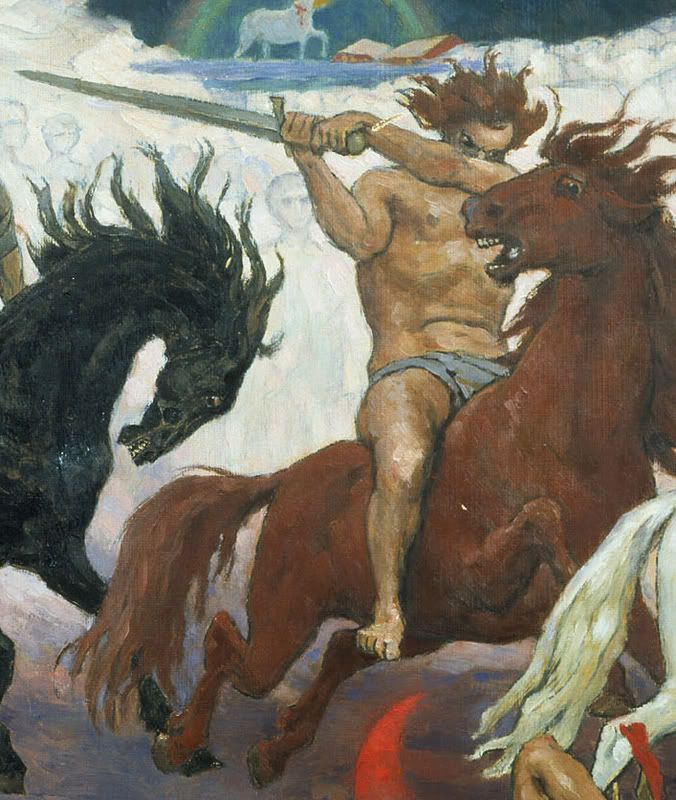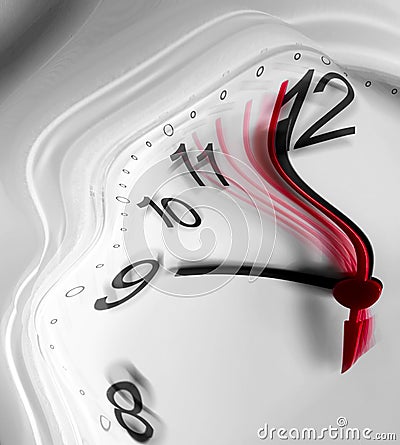
When the Lamb opened the second seal, I heard the second living creature say, "Come!" Then another horse came out, a fiery red one. Its rider was given power to take peace from the earth and to make men slay each other. To him was given a large sword.The key words to me are, "take peace from the earth", and "make men slay each other".[Rev 6:3-4]
Then the immediate question is: what is peace?
Now it must be obvious that we do not know this peace as it was taken away from earth, even from long ago, certainly as early as when Cain murdered his brother Abel. On the other hand, we also know that Jesus before he died and resurrected said:
Peace I leave with you; my peace I give you. I do not give to you as the world gives. Do not let your hearts be troubled and do not be afraid.Again what is this peace that Jesus gives?[John 14:27]
To me the peace is this, namely the assurance that God is God, and even sin and death cannot destroy us, even as Jesus demonstrated God's victory over sin and death in his resurrection. Until Jesus there was no certainty that death is not the end, and thus the angst in Ecclesiastes.
But with the certainty and thus our assurance we have no or need not have any more fear of death and it ought not be something that man can exploit to "blackmail" us, ie to induce, compel or coerce us to do things solely to avoid the fear and threat of death.
And that is precisely what the red horseman did: to put upon man himself to use this fear - to make man slay one another - to further his goal of dominance on earth, ie as was introduced by the first horseman.
And this is what we see in the world from the very beginning. And this fear is the very reason armies are effective instruments in this world.
It is also this fear of death that makes us prostitute ourselves, as in compromising our being and selves, for example for the sake of earning money to continue our physical livelihood. And this prostitution is what the third horseman is about.


